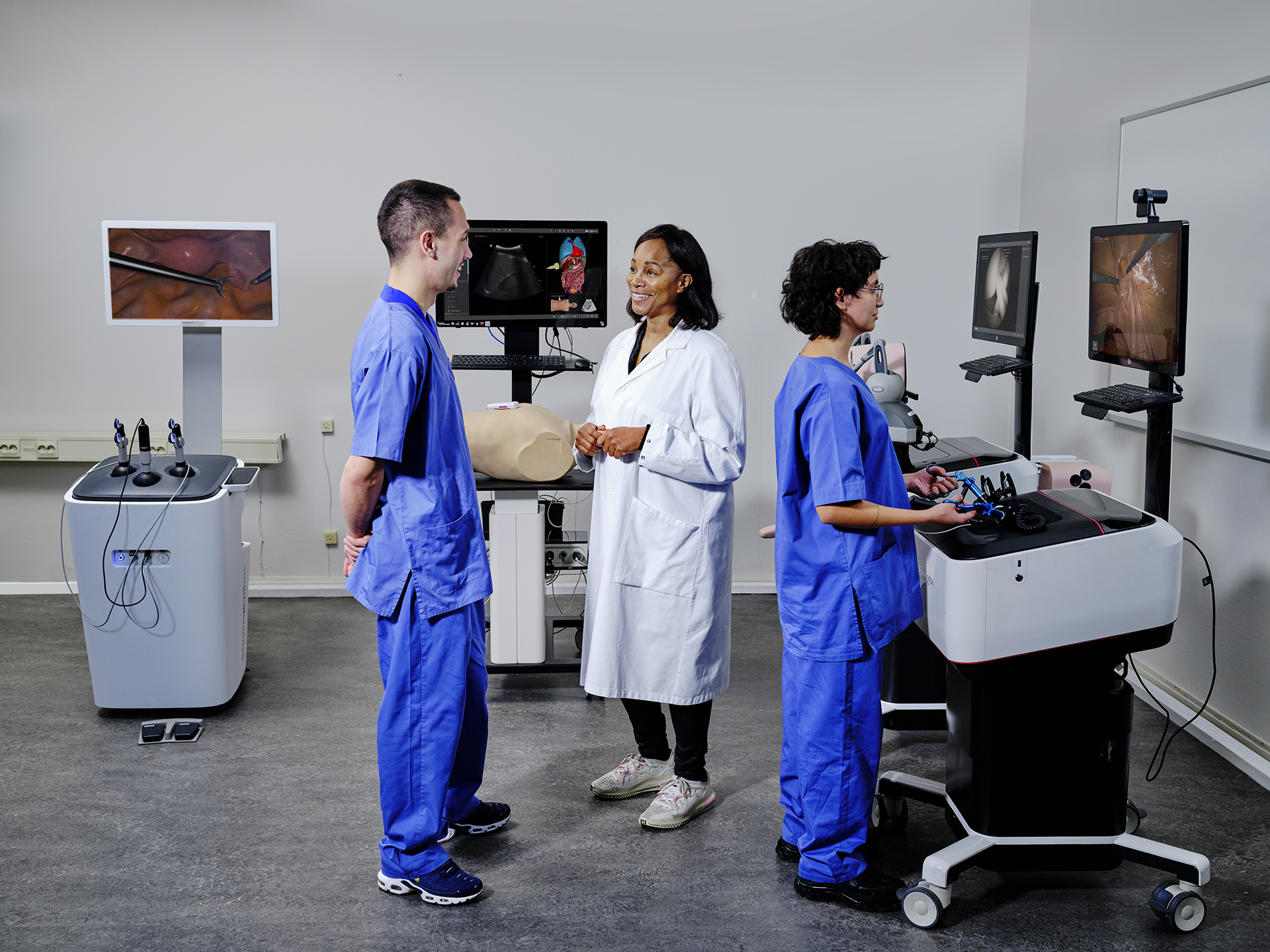Robotic Training Simulation
The only training simulator to provide a comprehensive curriculum including complete robotic clinical procedures with true-to-life graphics and tissue behavior.
The Robotix Mentor simulator provides surgeons of all expertise levels across diverse medical specialties with an opportunity to efficiently and effectively practice the skills required to perform robotic surgery.
Robotic basic tasks modules provide the optimal learning environment for surgeons to develop the necessary skills so that they may be able to select the most suitable surgical route for the patient.
Clinical procedure simulation modules enable surgeons and residents in training to experience partial and entire robotic procedures and to support training programs in incorporating procedure training in the robotic surgery curriculum.
The cross-specialty simulation platform was developed in close collaboration with the medical community to provide an ever-expanding library of modules. These unique modules may be incorporated into a robotic surgery curriculum and training courses and possible future accreditation and maintenance of certification.
The Only Robotic Simulator to Provide Advanced Clinical Procedures Training
True-to-Life Training Environment
Educational Features
Team Training (Optional)
Efficient Simulation Curriculum Management
Book
A Virtual Demo

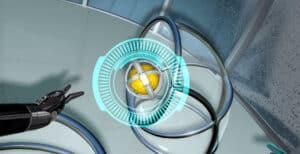



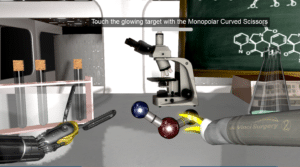
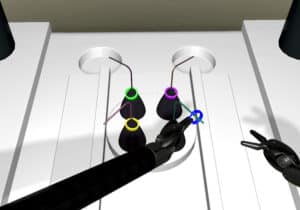
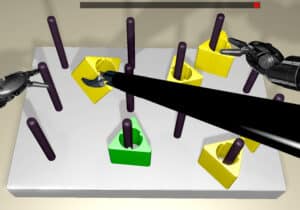

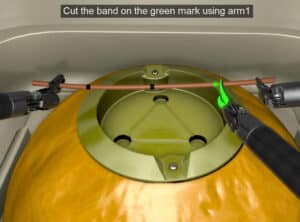

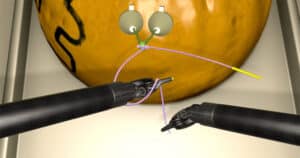

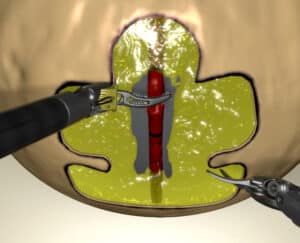
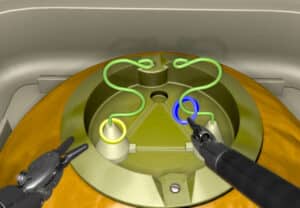
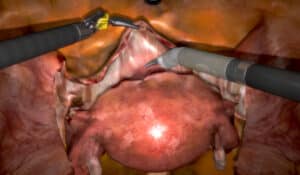
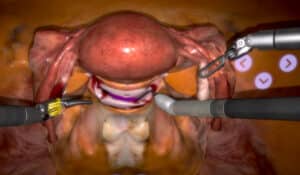
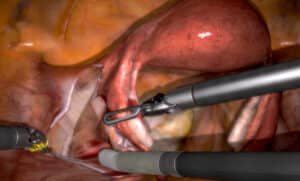
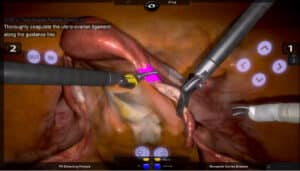
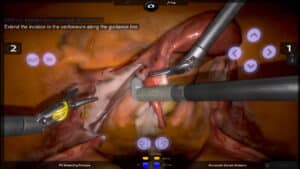
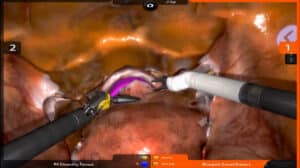
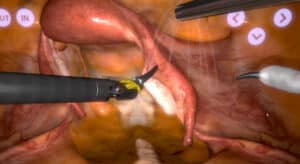
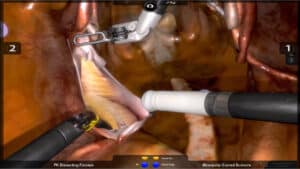

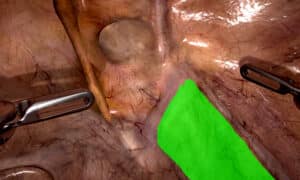
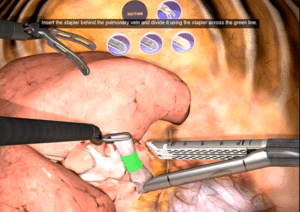
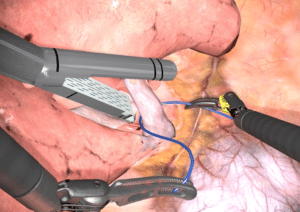
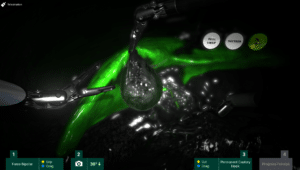
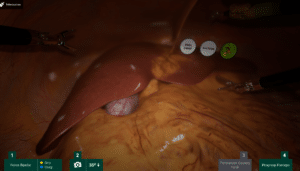
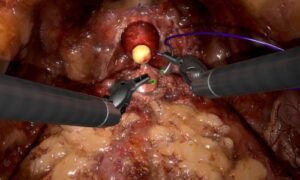
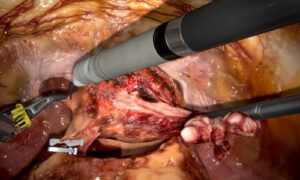
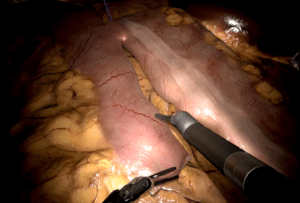
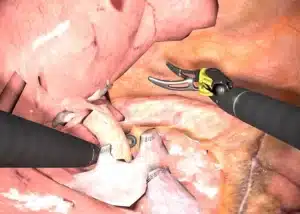
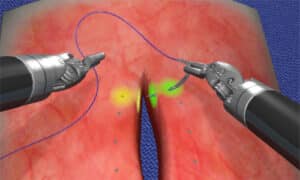
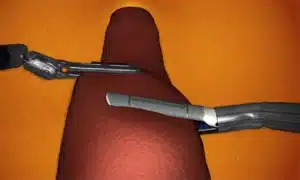
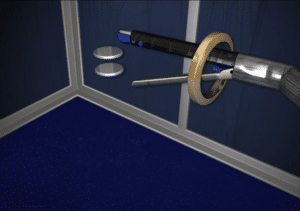
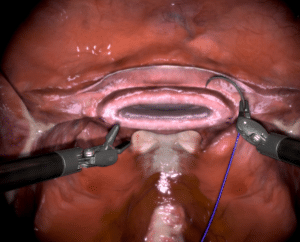
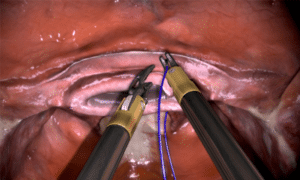
Martin, J. R., Stefanidis, D., Dorin, R. P., Goh, A. C., Satava, R. M., & Levy, J. S. (2021). Demonstrating the effectiveness of the fundamentals of robotic surgery (FRS) curriculum on the RobotiX Mentor Virtual Reality Simulation Platform. Journal of robotic surgery, 15, 187-193.
Alshuaibi, M., Perrenot, C., Hubert, J., & Perez, M. (2020). Concurrent, face, content, and construct validity of the RobotiX Mentor simulator for robotic basic skills. The International Journal of Medical Robotics and Computer Assisted Surgery, 16(3), e2100.
Ebbing, J., Wiklund, P. N., Akre, O., Carlsson, S., Olsson, M. J., Höijer, J., … & Collins, J. W. (2021). Development and validation of non‐guided bladder‐neck and neurovascular‐bundle dissection modules of the RobotiX‐Mentor® full‐procedure robotic‐assisted radical prostatectomy virtual reality simulation. The International Journal of Medical Robotics and Computer Assisted Surgery, 17(2), e2195.
Puliatti, S., Mazzone, E., & Dell’Oglio, P. (2020). Training in robot-assisted surgery. Current Opinion in Urology, 30(1), 65-72.
Whittaker, G., Aydin, A., Raveendran, S., Dar, F., Dasgupta, P., & Ahmed, K. (2019). Validity assessment of a simulation module for robot-assisted thoracic lobectomy. Asian Cardiovascular and Thoracic Annals, 27(1), 23-29.

At Phantasim, we offer an aftercare package to ensure our friendly support team can offer assistance should you incur an issue with your simulator or modules. Phantasim are based in Western Australia, however your aftercare package allows us to remotely access your simulator via satellite and resolve any issues remotely. Should your simulator require hands-on assessment, our support team will visit your facility anywhere within Australia or New Zealand to appraise your simulator and provide a solution.

Whether you’re in Australia or New Zealand, our team at Phantasim are your surgical simulation partners. Our dedicated team handle distribution, maintenance, and ongoing aftercare for simulation units and modules.
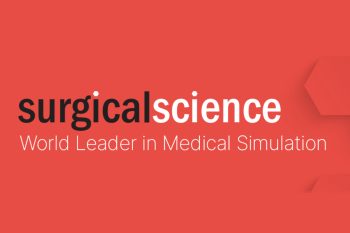
Phantasim are proudly partnered with Surgical Science, who manufacture the simulation units which support the education and growth of medical professionals across the globe.
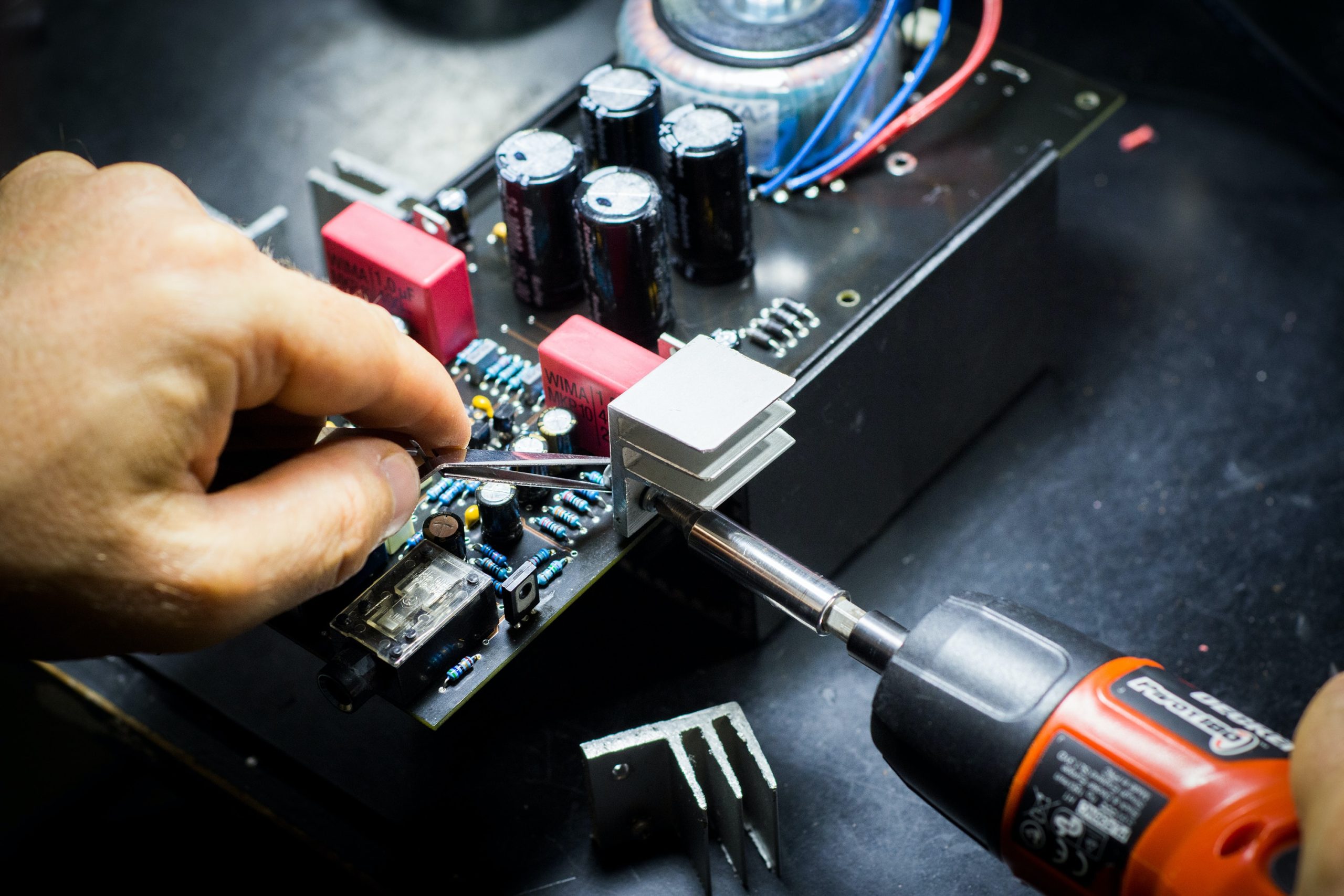
Our aftercare team at Phantasim are just a phone call away. Once you’ve received your simulator, we will visit your facility for installation and analysis as well as provide ongoing aftercare and support.

Each simulator has remote access capabilities, allowing our team to assess any issues or irregular activities from any location. Alternatively, our support team can visit your facility as part of your aftercare package.
Barry T. Katzen, M.D., FACR, FACC, FSIR
Director
Cardiovascular Center and department of Internal Medicine, Sankt Katharinen, Frankfurt Germany
“
We have been very interested in improving patient care through learning and essentially rehearsing the procedures before we treat the patients.
Horst Sievert MD PhD
Director
Cardiovascular Center and department of Internal Medicine, Sankt Katharinen, Frankfurt Germany
“
Simulators will have a place in the future to plan a procedure.
Prof. Michael Glikson
Director of Electrophysiology and Pacing
Sheba Medical Center, Israel
“
I remember my days as a new intern….the first cases I performed were very difficult and it was a scary experience, since it takes between 10-20 procedures until you really feel that you are proficient.
Dr Thomas Bossmar, MD, PhD
Consultant at the Women's Clinic and Practicum
SuS in Lund
“
I want to emphatically state that simulated laparoscopic training with LapSim should be a cornerstone of surgeon training and absolutely contributes to patient safety.
Clinical simulation training allows students in the medical field to practice their skills in an authentic, safe, simulation environment. Simulation-based training provides a great opportunity for students to increase their knowledge in both technical and non-technical procedures, with built-in software providing feedback and guidance along the way. Students can practice, learn, and increase their surgical skills with peace of mind knowing they’re safely practicing without risking the life of a live patient.
Absolutely. Simulation training allows medical professionals to practice their skills via virtual reality without risking the safety of a live patient. They also have the benefit of reducing the demand on supervision time which leads to more skilled and confident medical professionals. Whilst using the simulator, real time guidance and feedback is provided with the software so any mistakes made are recognised instantly.
Universities throughout Australia and New Zealand would greatly benefit from investing in a surgical simulator for their students studying in the medical industry. This advanced tool allows students to gain the knowledge and skills necessary to move into their preferred field with both confidence and competence.
A human patient simulator typically ranges in price from $10,000 to $100,000 depending on the type, brand, features, and included support services.
